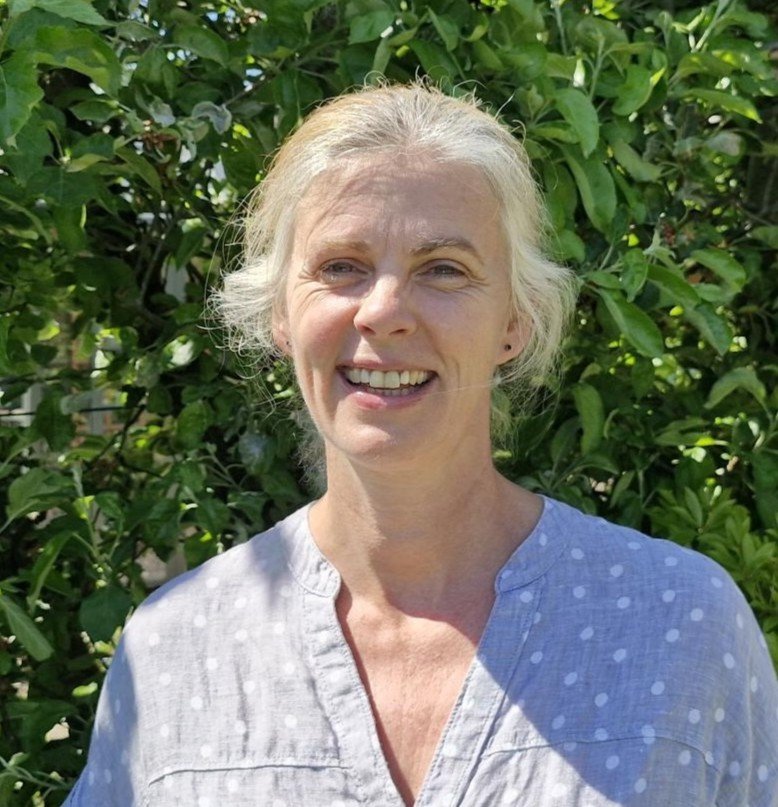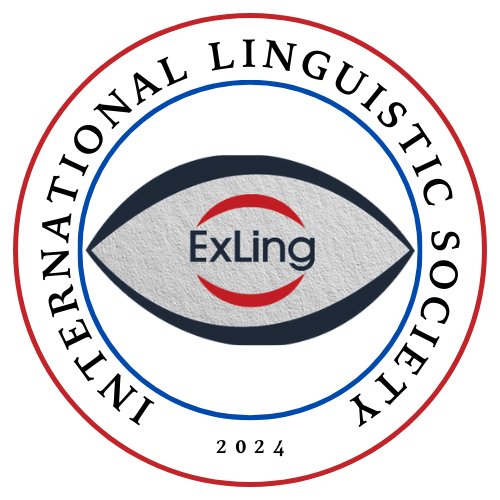About
Emma Marsden
University of York

Research Areas:
- Grammar & Morphosyntax
- Vocabulary & Lexical Knowledge
- Input Processing & Learner Cognition
- Open Science, Accessibility & Transparency
- Explicit Instruction in Morphosyntax
- Components of Language Proficiency
- MultilingProfiler Development
- Open Science Advocacy
- Applied Linguistics
Overview
Emma Marsden is Professor of Second Language Education at the University of York, England. She has published widely on second language learning, processing, teaching, and testing. Her initial experiences as a French, Spanish, and English teacher in schools have inspired much of her research. With colleagues and students, she has co-authored over 80 peer-reviewed publications in the areas of grammar and vocabulary learning and teaching, processing, attention, implicit learning, priming, research methods, and open scholarship. She is co-author of the book ‘Second Language Learning Theories‘ with Ros Mitchell and Florence Myles. Emma was Associate Editor and Journal Editor of Language Learning between 2015 and 2022 and she (co-)directs several international open scholarship initiatives: for materials and data (IRIS), accessible summaries (OASIS), vocabulary profiling (MultilingProfiler), and teaching and professional development resources (Language-Driven Pedagogy). Between 2018-2023, she directed the National Centre for Excellence for Language Pedagogy, funded by the government’s Department for Education.
Outline:
Modern Language Education in School Classrooms in England
Ongoing projects
In a world where English(es) constitute global lingua franca, what is happening to language education in countries where most of the population already speak English as their first—and often their only functioning—language? I focus on England, where every year about ¼ million 16-year-olds take a high-stakes national exam in French, German, or Spanish, equating to about 45% of the cohort. Despite these numbers, there is a shortage of language students at more advanced levels and, therefore, of language expertise among teachers and other professions where language is needed. In this talk, I will consider a small but powerful cluster of factors involved in the complex picture underlying this situation: I focus on the curriculum, pedagogy, and assessment that are experienced by learners in the first 450 hours of their exposure to the language. These are tangible factors, over which educators, policymakers, and materials developers have control.
First, I trace foreign language education over the last fifty years in England. I start at a time where foreign language study was undertaken by an elite in selective schools, with pedagogies and assessments drawing largely on methods inspired by the teaching of ancient languages. I then trace the rise of ‘Communicative’ approaches as they have been interpreted and operationalised in classrooms, textbooks, and governments’ assessment regimes—all with an ambition to open up languages to (almost) the whole population. I argue that largely due to the nature of the high-stakes assessments, which have needed to cater for a wide-range of student aptitudes and motivations, a ‘washback’ effect has led to narrow interpretations of Communicative Language Teaching, foregrounding memorisation of (often) unanalysed phrases of language through heavily topic-constrained curricula.
Next, I review four dominant applied linguistics research agendas in this context, spanning the 1990s to early 2020s, which had to, by necessity, focus on the learning and pedagogy occurring in the educational status-quo—in which the government-defined curriculum only very loosely identified the linguistic content (vocabulary, grammar, and sound-writing relations). In such a context, researchers could: (1) document the development of learner language, including the potential role of formulaic chunks of language; (2) observe the motivational forces at play among students and teachers; (3) evaluate interventions that boosted learners’ confidence and equipped them with strategies to deal with unpredictable and complex language; and (4) advocate alternative visions, such as Content and Language Integrated Learning or greater emphasis on inter-cultural competencies, running somewhat in tension with the assessment regimes. In a world where the linguistic content was not mapped out, these were appropriate, useful, and theoretically and practically insightful research agendas.
In the third part of my talk, I describe policy-changes (2022-2026) that identified the linguistic content for teachers and students, and I draw parallels with some other jurisdictions. I present research that we conducted during and just after these policy-changes that showed concerning misalignment between curriculum and assessment, likely adversely affecting student and teacher motivation. Despite controversy surrounding these policy changes, I will argue that ‘the baby has not been thrown out with the bathwater’; that the high-level educational rationales—of promoting communication and nurturing an appreciation of other cultures—do not have to be forsaken by the existence of a defined linguistic content. However, these policy-changes were relatively minor. I end with alternative and potentially ‘disruptive’ visions of assessments and of language education that may provide more of the population in majority-Anglophone countries with an appreciation of languages and language learning. I also advocate for robust, open scholarship to facilitate a collaborative ethos between researchers, policymakers, and educators.
